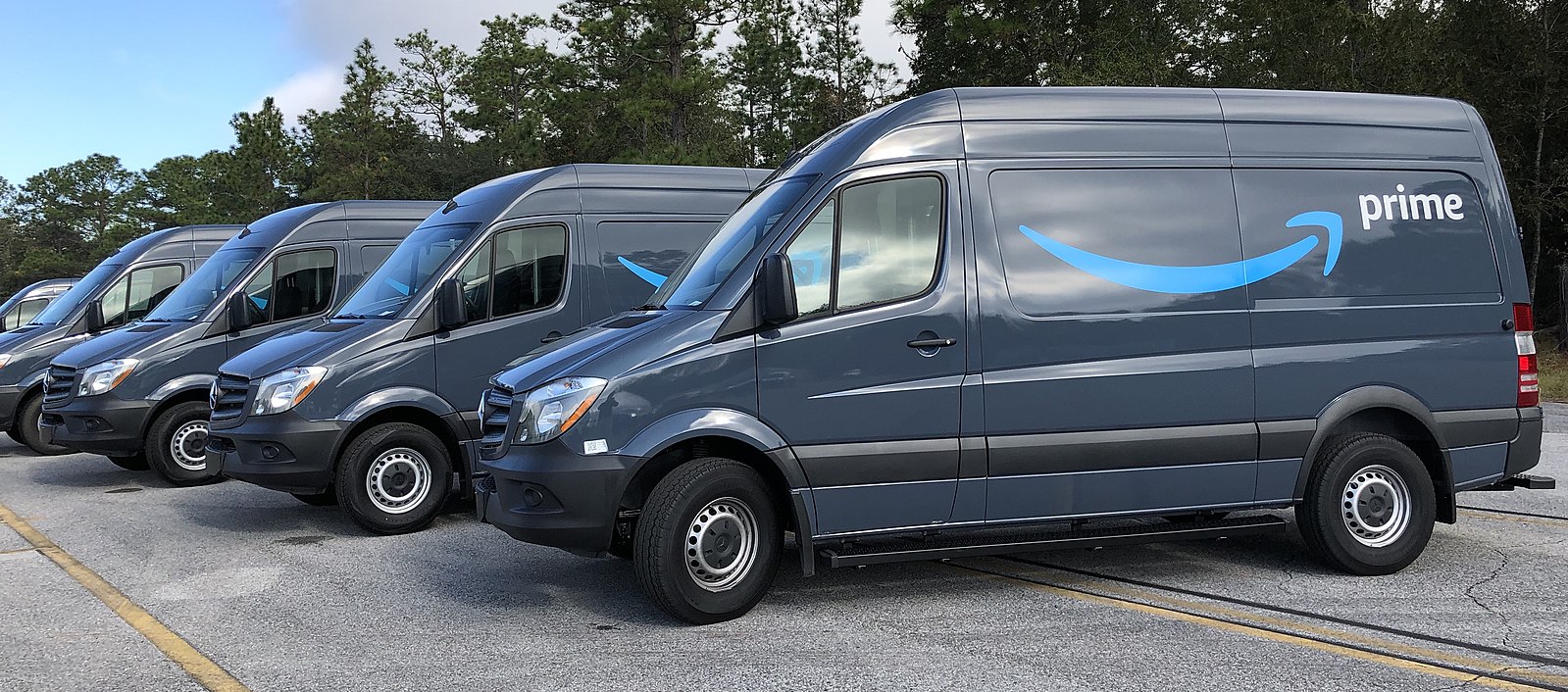Luke Hinrichs is a student at Harvard Law School.
In today’s news and commentaries, the Wisconsin Supreme Court lets ruling stand that held Amazon drivers are employees, not independent contractors; Phoenix passes heat protection ordinance for outdoor workers; DOL finds child labor violations at Tennessee manufacturing facility; and Washington enacts worker protections for strip club dancers.
On Tuesday, March 26, the Wisconsin Supreme Court unanimously ruled against Amazon’s logistics subsidiary, upholding a lower court decision which found that Amazon Flex delivery drivers are employees under the state’s unemployment insurance statute. In 2018, the state’s Department of Workforce Development determined that Amazon Logistics’ “delivery partners” qualified as employees under the definition established by the state’s unemployment insurance statute. As a result, the Department assessed Amazon Logistics over $200,000 in delinquent unemployment insurance taxes. After the Wisconsin Labor and Industry Review Commission upheld the decision, Amazon filed an appeal through the state’s court system. In 2023, the Wisconsin Court of Appeals agreed with the state that the drivers were employees. Ultimately, the State Supreme Court’s dismissal of the case will affect over 1,000 Amazon drivers and require Amazon to pay unemployment insurance taxes and penalties.
The Phoenix City Council unanimously passed an ordinance on Tuesday requiring city contractors and subcontractors to provide outdoor workers with access to shade, water, breaks, and air conditioning. In 2023, Phoenix experienced a record 31 consecutive days with temperatures over 110 degrees. Labor and community organizations—including SEIU, UNITE HERE Local 11, Arizona AFL-CIO, Ironworkers Local 75, National Council for Occupational Safety and Health, and various flight attendant associations—organized a citywide campaign leading up to the vote. The new ordinance, described as a “critical first step,” applies only to city contractors and does not provide protection from employer retaliation.
Federal authorities found children as young as 14 illegally employed, working excessive hours and operating dangerous machinery at a Tuff Torq Corp. manufacturing plant in Morristown, Tennessee. Tuff Torq produces outdoor power equipment parts for major companies including John Deere, Toro, and Yamaha. The U.S. Department of Labor has obtained a federal consent judgment that requires Tuff Torq to pay a civil penalty of $296,951 and set aside $1.5 million as disgorgement of 30 days’ profits related to its use of child labor. Tuff Torq also agreed to allow unannounced, warrantless searches of its facility for three years and refrain from entering any new contracts with staffing agencies or other contractors with child labor violations and will require contractors to disclose child labor violations and hiring protocols.
On Monday, Washington lawmakers enacted a “Strippers’ Bill of Rights” providing worker protections, restrictions on fees that club owners impose on dancers, and incentives for owners to adhere to regulations. The law requires trainings to prevent sexual harassment, report human trafficking, and provide first-aid. It also mandates on-site security, panic buttons, and locks for dressing rooms. The bill further directs the state Department of Labor and Industries to draft rules and guidelines to implement changes to workplace safety standards. The dancer-led association, Strippers Are Workers has organized and advocated for these regulations since 2018.






Daily News & Commentary
Start your day with our roundup of the latest labor developments. See all
February 20
An analysis of the Board's decisions since regaining a quorum; 5th Circuit dissent criticizes Wright Line, Thryv.
February 19
Union membership increases slightly; Washington farmworker bill fails to make it out of committee; and unions in Argentina are on strike protesting President Milei’s labor reform bill.
February 18
A ruling against forced labor in CO prisons; business coalition lacks standing to challenge captive audience ban; labor unions to participate in rent strike in MN
February 17
San Francisco teachers’ strike ends; EEOC releases new guidance on telework; NFL must litigate discrimination and retaliation claims.
February 16
BLS releases jobs data; ILO hosts conference on child labor.
February 15
The Office of Personnel Management directs federal agencies to terminate their collective bargaining agreements, and Indian farmworkers engage in a one-day strike to protest a trade deal with the United States.